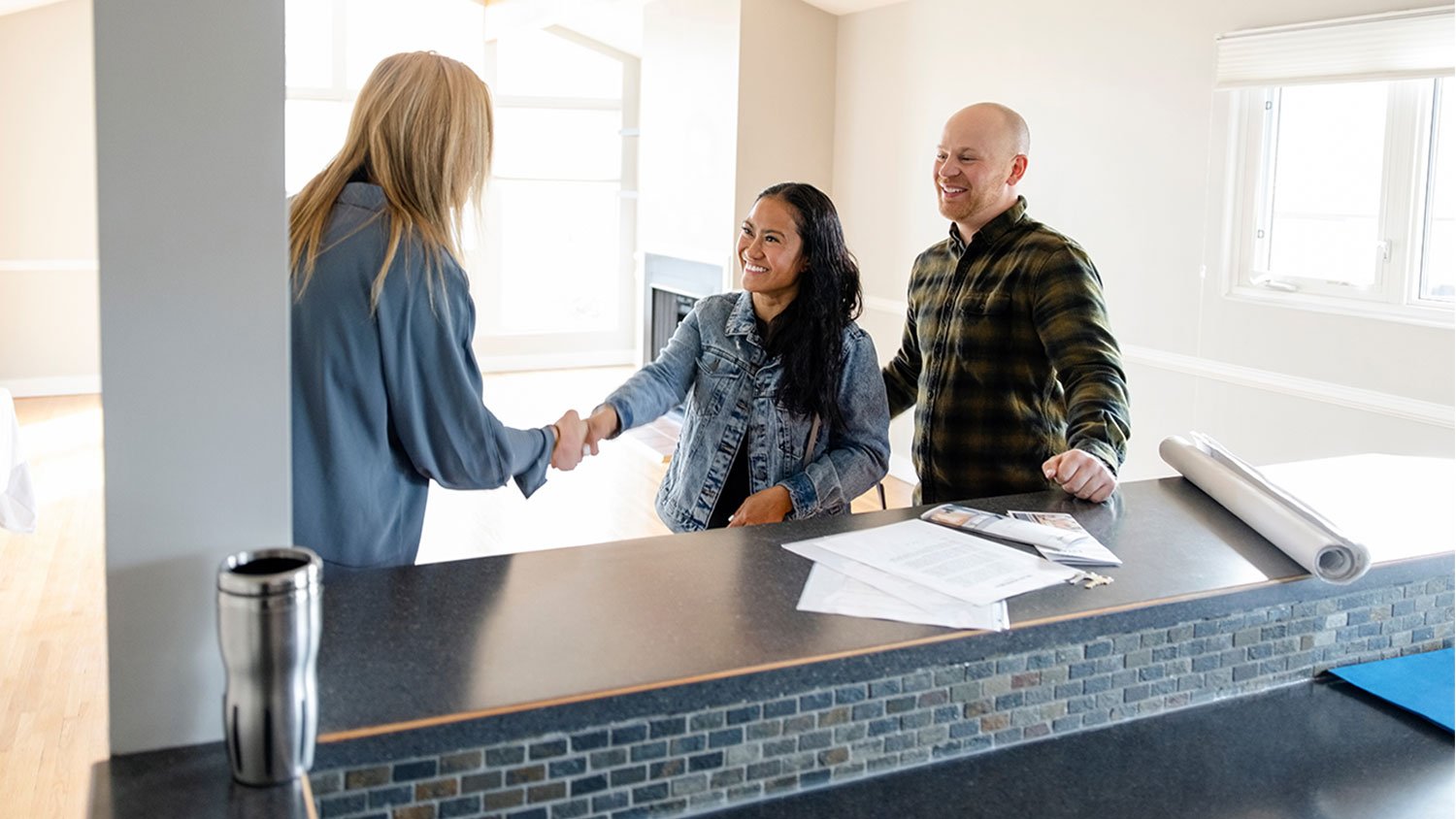
Need to know when your house was built? Here’s a guide on how to find out your home’s build date.
Cash is king—and patience is queen—when purchasing a foreclosure


Buying a home can ordinarily be a complicated endeavor, especially for first-time home buyers. But purchasing a foreclosed home is an even more complex real estate transaction that could cause even experienced investors to stumble. Here are some tips on how to navigate the process of buying a foreclosed home.
Foreclosure is the blanket term for a property that the bank or another lender owns. There are various stages of foreclosure, and your purchase process will look different in each one. Here are five foreclosure scenarios you might find yourself in as an investor.
This stage is when the lender has informed the homeowner that they are in default on their mortgage, so their property will be sold at auction. The current owner has the opportunity to avoid full foreclosure by selling the property during this time.
A short sale happens when the lender is selling the property “short,” meaning for less than what is owed on the current mortgage. Sometimes this means the current owner is in default, or it could mean the owner is experiencing financial hardship and wants to cut ties sooner rather than later.
Since the lender will accept a lower figure than what’s owed on the mortgage, these properties are usually listed as “pending bank approval.”
A sheriff’s sale when the borrower is in default and the grace period for them to pay their debt has expired. The property will now be scheduled to be sold at a public auction to the highest bidder.
Not all properties sell at auction, and those that become a real estate-owned property (REO) owned by the bank. Many large banks have REO departments, and you’ll work directly with that bank department to purchase the property.
When a homeowner goes into default on a government loan (such as an FHA or a VA loan), the particular government agency, not the bank, steps in to seize the property. Though you will be purchasing the home from the government, you will be unable to work directly with the agency. You will need the assistance of a real estate broker who is government registered to handle the transaction for you.
Like other types of properties, you can search for foreclosures online. Some of the major listing sites will allow you to toggle the filters so foreclosures appear in the search results. The multiple listing service (MLS) will also list additional foreclosures that aren’t listed on sites like Zillow and Trulia. Another way to find foreclosed homes in your area is to visit local bank websites, which may list available properties and other resources.
In addition to searching online foreclosure listings, it would benefit your growing real estate portfolio to work with a local real estate agent who is experienced in foreclosure purchases.
Not only will they be able to find more properties via the multiple listing service (MLS), but they may know of foreclosures that are new to the market through their professional network. While a buyer can communicate directly with the bank representative in the foreclosure or the short sale, it’s advisable to have an experienced real estate agent representing you.

Cash is king in real estate, and it comes in handy when handling foreclosed properties. In fact, it is a necessity when you are buying a foreclosure at auction. When you’re offering an all-cash offer, the transaction will move faster. However, that's not to say that you can't buy a foreclosed property with a mortgage, but you must have a preapproval letter before making an offer. Like with any other home, a mortgage preapproval proves to the bank or the seller that you're a serious buyer.
Whether you have a mortgage or an all-cash offer in hand, it pays to have extrafunds. Unlike homes that are move-in ready, a foreclosed property will need a lot of work. If you are using a mortgage to finance it, apply for loans that allow you to finance repairs, too. Keep in mind that you may enter a bidding war for the property, so keeping some wiggle room in your budget is vital.
Don’t forget to research the property values of other comparable homes (also known as comps) in the area before making an offer on a foreclosed home. If you want to make a profit on the property later, you’ll want to make sure it’s worth the investment, especially if you have a mortgage on the line. A local home appraiser will report on its appraised value, and if it appraises for lower than your offer, you will have to make up the difference in cash.
The obvious advantage of buying a foreclosed home is that the sale price is likely much lower than other listed homes in the area. This type of property is an attractive purchase if you plan to renovate and flip the property for a profit.
But the major disadvantage is that the property will likely be sold as-is. The buyer will not be able to tour the property’s interior before purchasing regardless of its condition. Keep in mind that you may have to tackle major repairs and renovations before the home is habitable, creating an additional investment on top of the purchase price.
Even if it is an all-cash transaction, a foreclosure can drag on because of the additional paperwork and various parties involved. If you are looking to start on the repairs and renovations quickly after purchasing, you might be disappointed by the time it takes to finalize the foreclosure sale. Still, many people find that the bargain price for a foreclosed home is worth the wait.
From average costs to expert advice, get all the answers you need to get your job done.